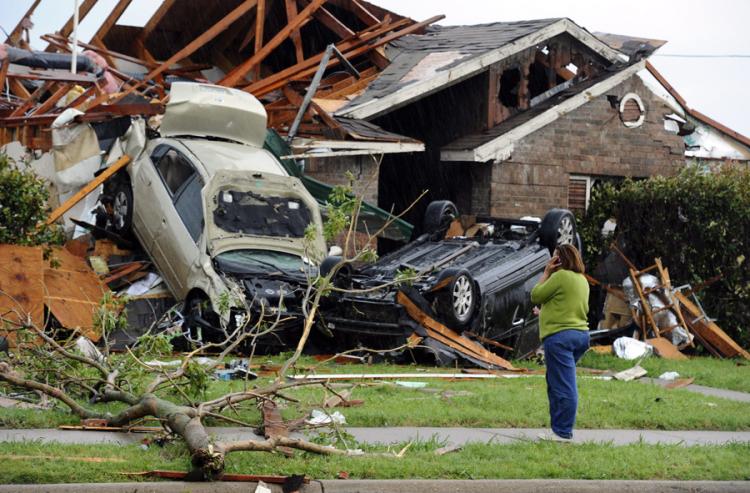- August 24, 2016
- Posted by: Dave Kurlan
- Category: Understanding the Sales Force

Have any of these things ever happened to you?
- Physical issues – low energy, prolonged pain or discomfort
- Automobile issues – vibration under the seat or in the steering wheel, car accident
- Home issues – leaks, faulty electrical, down trees or power lines from storm damage
- Legal or Tax issues
If they did happen to you, what did you do? Did you call the doctor, car dealer, electrician, plumber, insurance company, lawyer or accountant? Or did you hope it would all go away by itself?
Of course you made the call because things don’t fix themselves.
Yet, despite knowing that things don’t fix themselves, thousands of executives believe that sales problems will resolve themselves, change, and improve. Why?
That’s the key question. Because when you don’t know exactly what’s wrong, it’s much easier to remain in denial.
Most companies all deal with the exact same issues with their sales organizations. Flat or lethargic sales growth, the bulk of the revenue coming from a small percentage of the salespeople, not enough new business, difficulty selling against low priced competition, longer sales cycles, lower win rates, and on and on and on. It’s universal frustration and companies seem to fall squarely into one of four categories on this:
- They identify the cause and fix it. “Hooray. Sales and profits are on the rise!”
- They don’t identify the cause but try to fix it through guesswork. “Well, that didn’t work. We wasted another year!”
- They identify the cause but don’t fix it. “We can do this ourselves.” Sure you can.
- They don’t identify the cause and don’t fix. “Hey, everyone has these issues!”
While most companies have similar issues, the causes are usually different. There can be any number of problems that contribute to the observable issues, but these are the 10 I see most often:
- Recruiting – ineffective process and/or inconsistent sales selection
- On Boarding – is neglected, shortcuts are taken, or it’s done poorly
- Coaching – sales managers don’t coach enough and don’t do it effectively
- Accountability – there isn’t any so it’s very easy for salespeople to fall behind
- Messaging – you wouldn’t believe how bad – how inconsistent – the messaging is at most companies
- Sales Process – there usually isn’t one and when there is it’s either awful or nobody follows it
- Training – it’s usually either do it yourself bad or it’s not provided at all
- Gaps – skill gaps that prevent salespeople from being able to take a consultative approach or sell value
- Sales DNA Gaps – the strengths required to support tactics, strategies, process and methodology are missing
- Pipeline – usually a mess – filled with unqualified opportunities that will never close
Yet it’s not enough to simply acknowledge these problems. Even if you are aware that some or all of these problems exist, whether or not they can be fixed is another story altogether! That’s because it is all about capabilities. What are they capable of today, can they become more capable, how much more capable, and what will it take?
To answer those questions we need to know if the people trainable and coachable. Can sales leadership learn to coach effectively and hold salespeople accountable for the required changes? Can the sales culture be improved to become a coaching culture? Is leadership strong enough to replace under performers who can’t be coached up? Which skills and competencies must be developed? How do you deal with the weaknesses in Sales DNA? If recruiting and selection are to blame, how can it be improved? How do you incorporate best practices into a inadequate sales process and/or methodology? Do we need a playbook? Is it our scripts?
The problem with improving sales performance is that the more you know, the more questions there will be. And that is why it is so insane when so many executives ignore the problem, pretend they know what to do about it, and don’t call for help call until the revenue issue reaches such a state that there isn’t enough time or money to fix it.
It is so easy to blame the sales force but don’t. They didn’t recruit themselves, they didn’t train themselves, they didn’t set unreasonable expectations, and they didn’t make themselves suck. The blame gets placed higher up – where a false sense of hope and optimism live.
Ask me about a sales force evaluation – knowledge is power!
